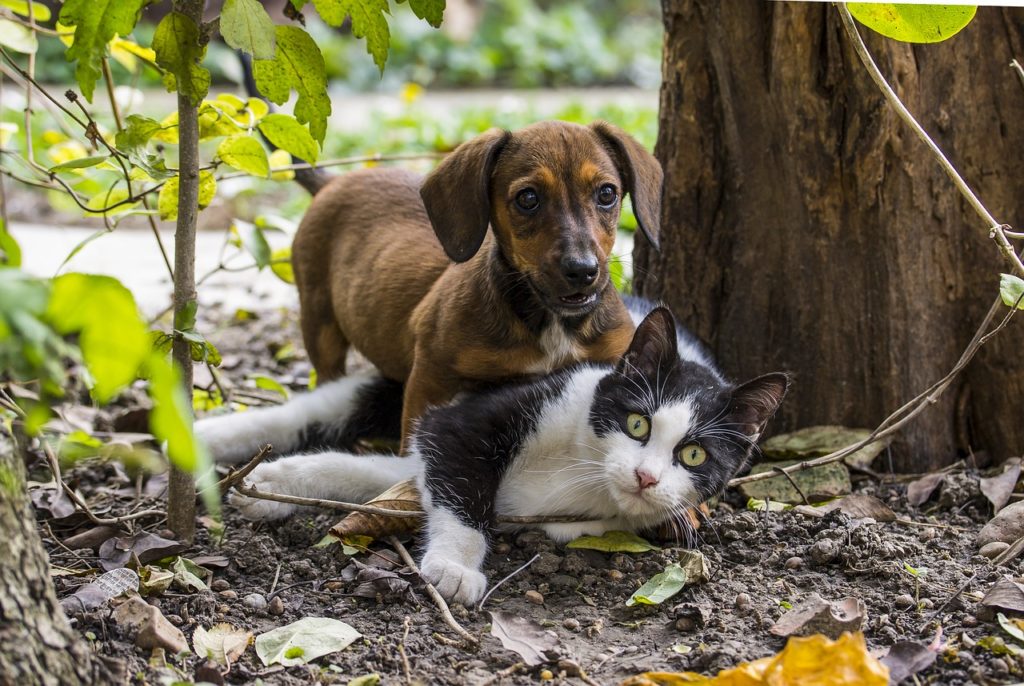The Municipality of Faro will increase the funding for the Preventive Health Support Program for Animals at Risk – Veterinary Check, to 15 thousand euros. This program, which provides care for stray animals, has been in force since 2018, resulting from a protocol between the municipality and the Order of Veterinary Doctors (OMV).
As explained by the Chamber of Faro, support for these animals at risk includes vaccination, deworming and sterilization, as well as other 24-hour treatments and emergencies.
The veterinary check is addressed to abandoned animals collected by the local authority and cat colonies “Capturar-Esterilizar-Devolver-CED”.
The municipality of Faro emphasizes that «the need to increase funds results from the increase, in the municipality, in the number of occurrences involving animals, which require immediate support. Since June this year, 65 stray animals collected on public roads have been targeted , for reasons of being run over and injuries».
At the same time, continues the Municipality, «several interventions were carried out in cat colonies, within the scope of the CED programme».
With the increase in the budget, the municipality also intends to “intervene, in a pilot project, the animals of the community belonging to the Social Quarter of Horta da Areia, in terms of sterilization, electronic identification and anti-rabies vaccination, in partnership with the Union of Parishes of Faro, the António Silva Leal Foundation, the Associação Cabana da Meia Noite and the Public Security Police, on the initiative of the Commission
of Environmental Protection and Animal Welfare, of the Municipal Assembly of Faro».
This support program consists of articulation between the members of the OMV and the participating municipalities, under the coordination of the Order, in order to create a support network of primary veterinary medical care for animals at risk.
It is intended to coordinate the attribution of veterinary checks issued by the municipalities that will allocate those responsible for animals at risk, identified by them, for use in the veterinary medical care centers (CAMV) participating in the Veterinary Check network.


















Comments